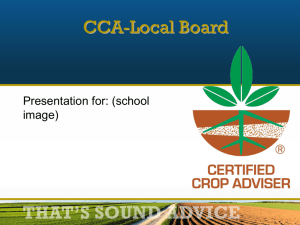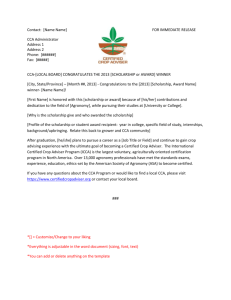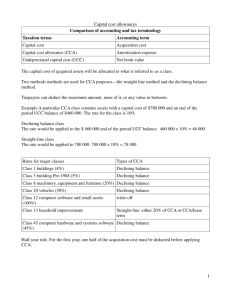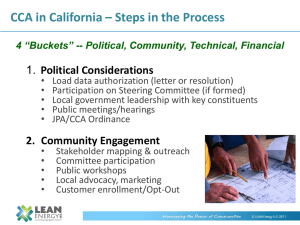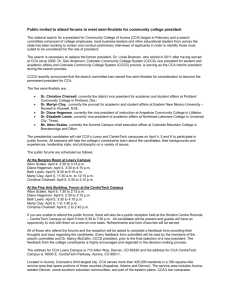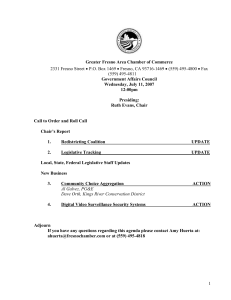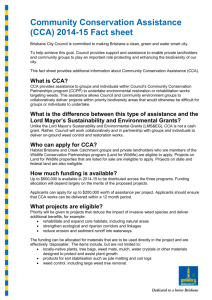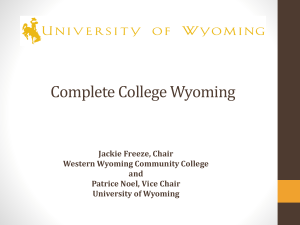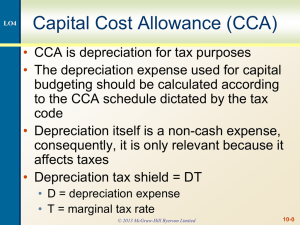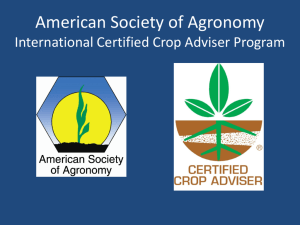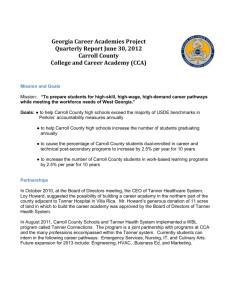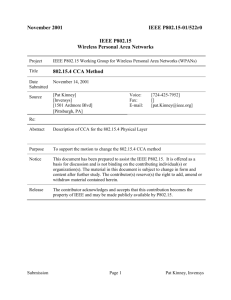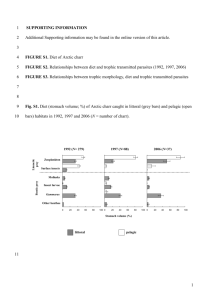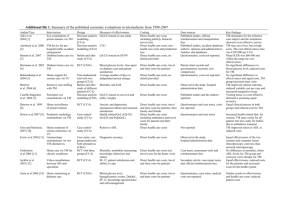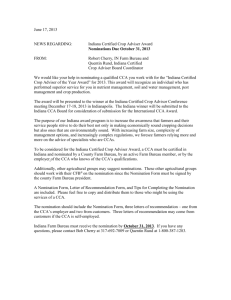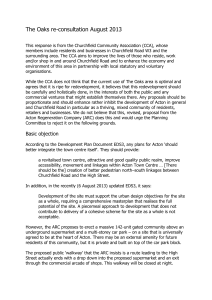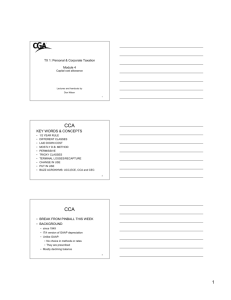Guide to Program - Certified Crop Adviser
advertisement
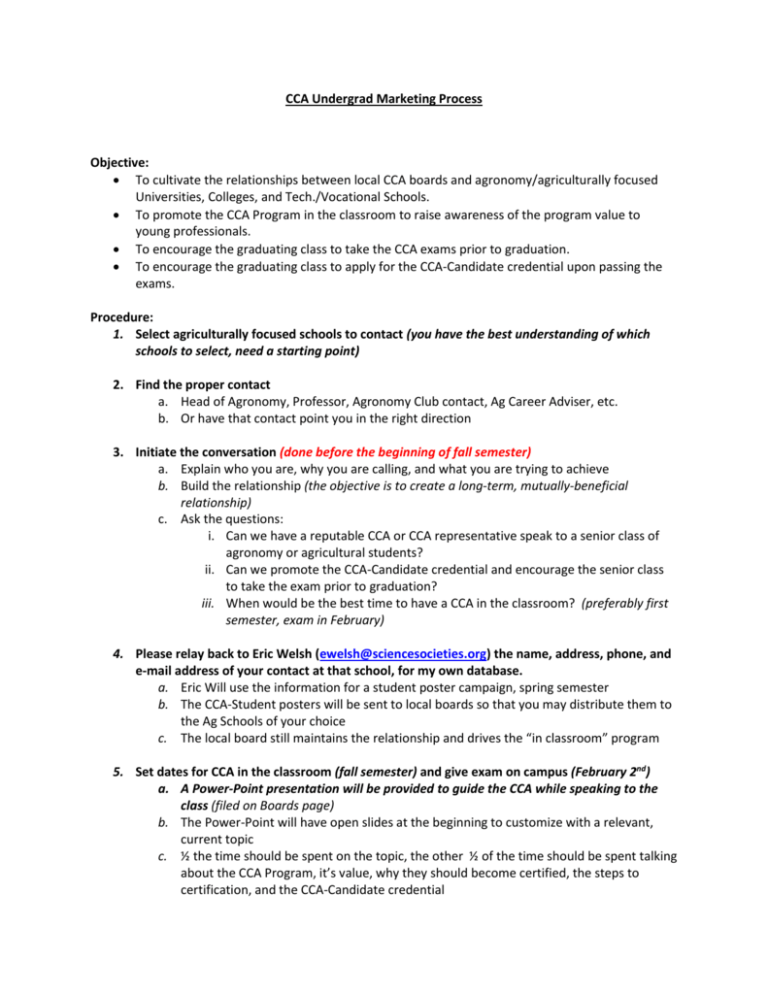
CCA Undergrad Marketing Process Objective: To cultivate the relationships between local CCA boards and agronomy/agriculturally focused Universities, Colleges, and Tech./Vocational Schools. To promote the CCA Program in the classroom to raise awareness of the program value to young professionals. To encourage the graduating class to take the CCA exams prior to graduation. To encourage the graduating class to apply for the CCA-Candidate credential upon passing the exams. Procedure: 1. Select agriculturally focused schools to contact (you have the best understanding of which schools to select, need a starting point) 2. Find the proper contact a. Head of Agronomy, Professor, Agronomy Club contact, Ag Career Adviser, etc. b. Or have that contact point you in the right direction 3. Initiate the conversation (done before the beginning of fall semester) a. Explain who you are, why you are calling, and what you are trying to achieve b. Build the relationship (the objective is to create a long-term, mutually-beneficial relationship) c. Ask the questions: i. Can we have a reputable CCA or CCA representative speak to a senior class of agronomy or agricultural students? ii. Can we promote the CCA-Candidate credential and encourage the senior class to take the exam prior to graduation? iii. When would be the best time to have a CCA in the classroom? (preferably first semester, exam in February) 4. Please relay back to Eric Welsh (ewelsh@sciencesocieties.org) the name, address, phone, and e-mail address of your contact at that school, for my own database. a. Eric Will use the information for a student poster campaign, spring semester b. The CCA-Student posters will be sent to local boards so that you may distribute them to the Ag Schools of your choice c. The local board still maintains the relationship and drives the “in classroom” program 5. Set dates for CCA in the classroom (fall semester) and give exam on campus (February 2nd) a. A Power-Point presentation will be provided to guide the CCA while speaking to the class (filed on Boards page) b. The Power-Point will have open slides at the beginning to customize with a relevant, current topic c. ½ the time should be spent on the topic, the other ½ of the time should be spent talking about the CCA Program, it’s value, why they should become certified, the steps to certification, and the CCA-Candidate credential 6. Use the exam as part of the senior curriculum or capstone project a. Potentially offer local-board sponsored, exam discounts (i.e. 50% on the local-board exam, 10% on the International exam) b. Offer on campus, special exam date? 7. Schools can use the CCA exam as an Accreditation Exam a. The Department of Agronomy/Crops at the school can offer a discount on top of the local boards discount (i.e. additional $100 per test taking student) b. They can use it as a validation of their department for the University’s Board of Regents (no brainer for the school) c. The scores can be returned to the school for use during curriculum development d. The results can be utilized as part of an Outcomes Assessment 8. Follow through and continue in future years! a. Maintain your CCA speaker list (use expertise search on Find a CCA search tool, potentially rotate professions) b. Keep up to date on changing school contacts c. This is the future of the CCA Program, can make it a priority? CCA Candidate-Agronomy and Agri-business student should take the exams prior to graduation. Once they pass the exams, they apply and become a CCA-Candidate. Students can have the credential on their resume to show their commitment to their chosen profession, while gaining the necessary experience. The goal is to keep in contact with more young professionals, so that they maintain their credentials or become fully certified CCA’s.


